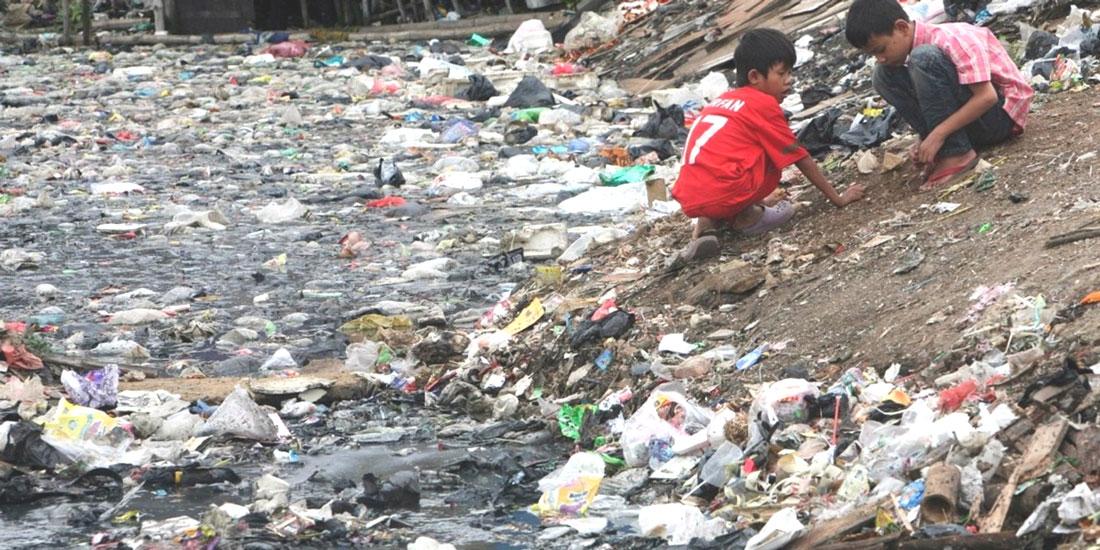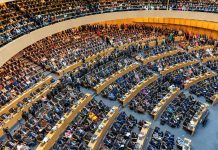Africa-Press – Mauritius. The approach to addressing the problem of pollution is in its use.Cleaning is good but not polluting is a better option
“Nature takes all that she gives” goes the adage. And “tu es poussière, et tu retourneras dans la poussière” is the biblical saying.
Many a philosopher has expatiated on this topic discussing how Nature creates things, living and non-living, and over time takes back what she has given.
There is another explanation, namely that this return to Nature occurs as a natural process of substance turnover in a biogeochemical cycle by which a chemical substance moves through both the living (biosphere) and non-living (abiotic) components of Earth.
We use materials and compounds from Nature to make products for our use and dispose them with the belief that Nature will take them back by transforming them to harmless matter.
Yes it does, but with time. The time factor plays an important role as it takes longer than expected to return the stuff to Nature. We are witnessing an increasing manufacture of resistant and quasi-non- perishable materials like plastics, alloys, etc.
The speed with which we are producing these products and disposing them does not match with the time that Nature needs to reconvert the products to a harmless form. Plastic is synthesized mainly from polyvinyl chloride (PVC) and has become the world’s third-most widely produced synthetic material.
It is so malleable and convenient to use, what with its low production cost, ease of manufacture, versatility and imperviousness to water that its usage has become almost universal.
There is hardly an industry that does not use plastic. It is often combined with chemicals to make it more lasting. Plastic is extensively used in the medical world and has a dominant role in the packaging industry.
Its disposal is problematic and uncertain. The various processes of conversion (decay, putrefaction, consumption) from one state to another are out of control, so much so that there is an accumulation of products that is causing pollution.
Nature is suffocating to death. Great concerns have been expressed that the slow decomposition rate of plastic is causing an immense negative impact on the environment.
Practically all the three spaces i. e. air, earth and water are polluted with plastic in its various forms (solid, particulates, microdebris). Conscious of the polluting characteristics we have restricted the use of some items like plastic bags.
But this restriction serves little purpose when all wrappings are plastics. High quality plastics are extensively used as containers and wrappings for frozen fish, sea foods, water, soft drinks, cereals, cosmetics, kitchenware, house wares, medical items.
From the garbage dump plastic is moved to the landfill and it will take (100) years to degrade. In the process chemicals used in its manufacture and particles of plastic leach in the soil, in the water, into the sea and cause pollution.
If by mistake it is burnt it pollutes the air. Unknowingly ingested by grassing animals the plastic particulates cause suffering to these creatures. The chemicals added to plastic during its manufacture enter the biocycle and becomes harmful to humans, animals and plants.
The approach to addressing the problem is in its use. Cleaning is good but not polluting is a better option. We may control or ban its usage altogether.
Recycling is an important means to limit production. Banning its use as containers for drinks, water, juice, victuals, spices, cereals, etc. , would be the most appropriate step forward to saving the planet from being so lamentably polluted.
We may take small steps, such as opting for glass containers for soft drinks, using non-plastic materials for packing and wrapping, and substituting plastic for the making of banners for commercial, political or social purposes. Our future generations will be thankful to us for these small steps.
For More News And Analysis About Mauritius Follow Africa-Press







